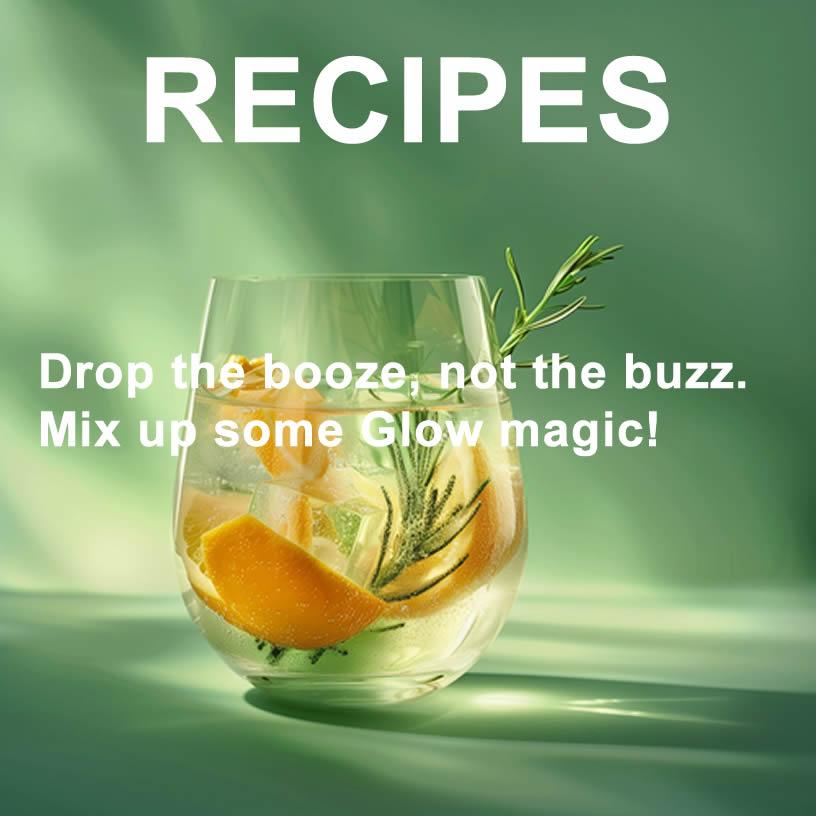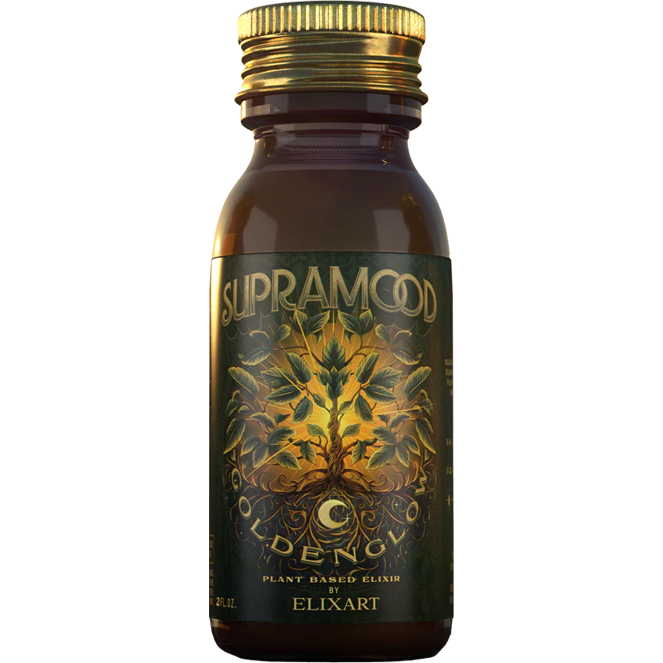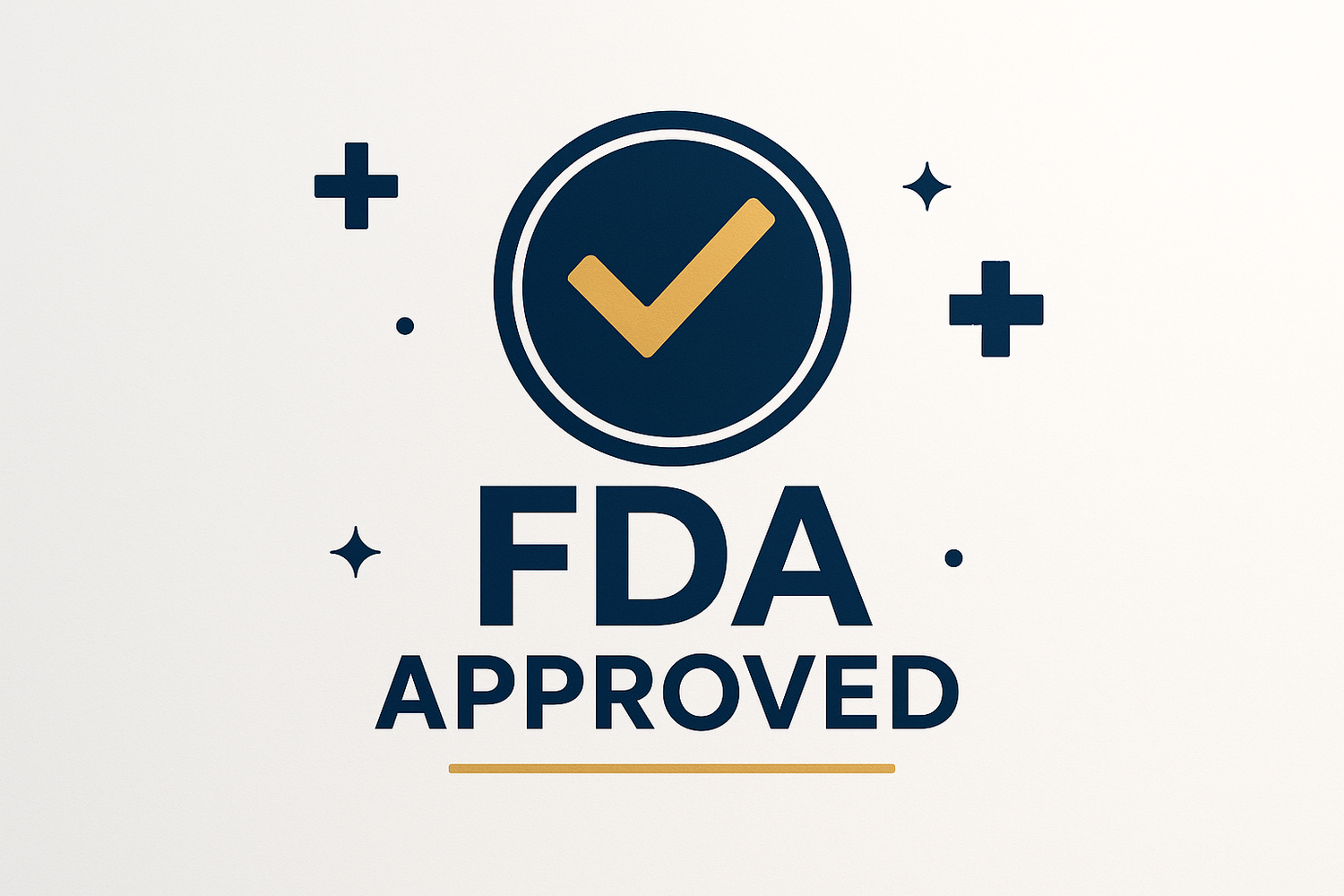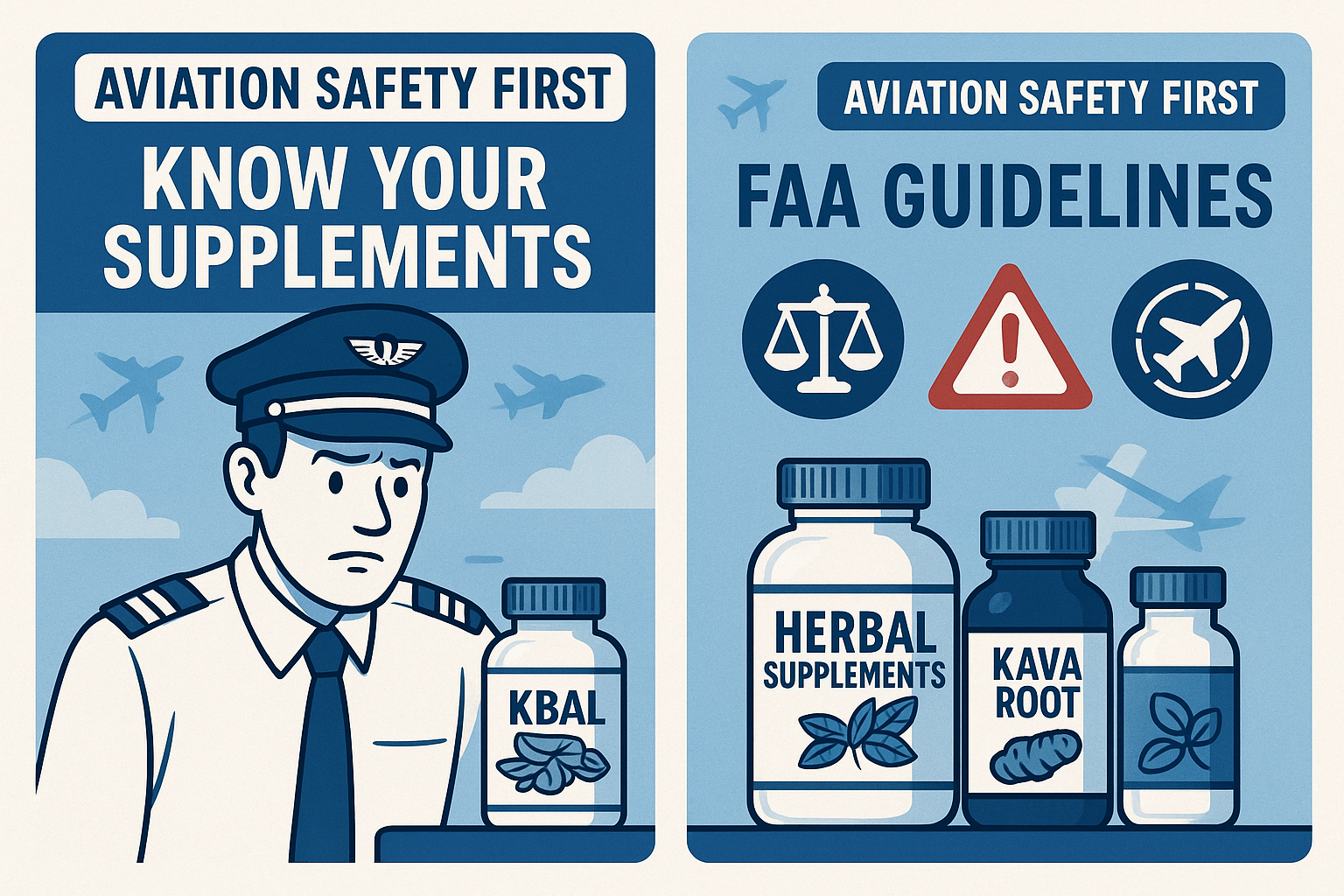Kava, derived from the roots of the Piper methysticum plant, has been traditionally consumed in the South Pacific for its calming effects. In recent years, its popularity has surged globally, leading to various products like kava RTD (ready-to-drink) beverages and kava shots entering the market. However, understanding the regulatory status and safety standards of kava is essential for informed consumption.
FDA Approval and Kava
The U.S. Food and Drug Administration (FDA) does not approve dietary supplements for safety and effectiveness before they reach the market. This means that kava products, including the best kava kava supplements, are not FDA-approved. Manufacturers are responsible for ensuring the safety of their products, and the FDA can take action against any unsafe dietary supplement after it reaches the market. U.S. Food and Drug Administration
Safety Concerns and FDA Advisories
In 2002, the FDA issued an advisory warning consumers about the potential risk of severe liver injury associated with kava-containing dietary supplements. Reports indicated that kava products had been linked to liver-related injuries, including hepatitis, cirrhosis, and liver failure. Additionally, the FDA has taken enforcement actions against companies marketing kava products without proper approval. For instance, in 2023, the FDA issued a warning letter to Shot of Joy LLC for introducing kava products into interstate commerce without an approved application, violating sections of the Federal Food, Drug, and Cosmetic Act.
Global Perspectives on Kava Safety
Beyond the United States, other countries have also expressed concerns regarding kava's safety. In Australia, kava has a Schedule 4 entry, and there is a regulatory limitation regarding the maximum of 250 mg kavalactones per day derived from water-based extracts of kava rhizomes and roots.
Moreover, scientific reviews have highlighted potential toxic effects of kava, including liver injury and skin toxicity in heavy consumers. These concerns emphasize the importance of cautious consumption and awareness of potential risks. PMC
Recommendations for Safe Consumption
Given the regulatory landscape and safety concerns:
-
Consult Healthcare Providers: Before incorporating kava into your routine, especially if you have pre-existing liver conditions or are taking medications, consult with a healthcare professional.
-
Choose Reputable Products: Opt for products from reputable manufacturers who adhere to quality standards and provide transparent information about their sourcing and processing methods.
-
Monitor Consumption: Be mindful of the amount and frequency of kava consumption. Adhering to recommended dosages can help mitigate potential risks.
A Premium Kava Experience
For those seeking a high-quality kava experience, Goldenglow Elixir offers a blend designed to promote relaxation and well-being. Crafted with care, it provides the benefits of kava in an easy-to-consume format.







Leave a comment
This site is protected by hCaptcha and the hCaptcha Privacy Policy and Terms of Service apply.